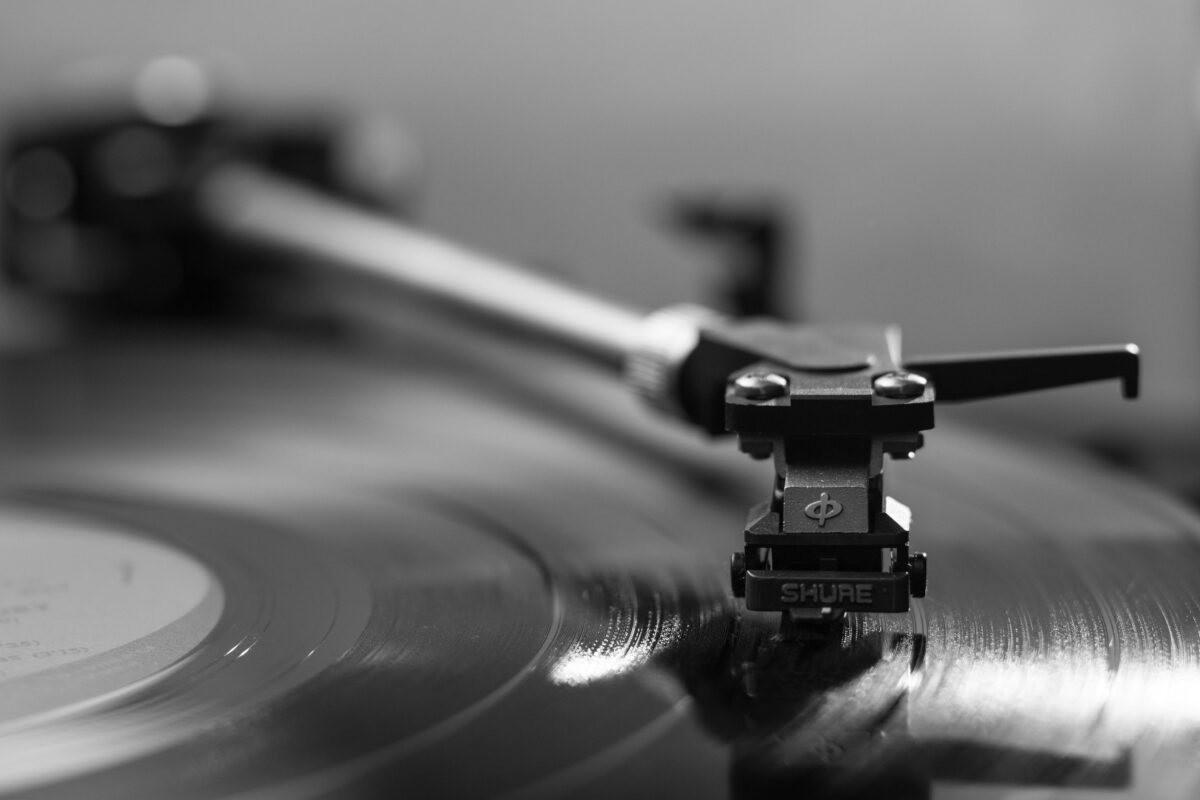
The latest in Backbeat’s FAQ series, The Band FAQ: All That’s Left to Know about the Fathers of Americana, fills 400 pages, making it clear there’s still plenty left to learn about this iconic and influential group. The book is packed with inside stories about members of The Band—but beneath it all lies the personal musical journey of Peter Aaron.
Musician/journalist Aaron came late to the party, discovering The Band in the early 80s though a thrift-store find of their game-changing 1968 debut, Music from Big Pink. He was then living in Cincinnati, where I covered music for The Cincinnati Post and knew him as a member of the hardcore band Sluggo.
Aaron’s background in punk and hardcore gave him a different angle on the group. The Band, he says, “kind of had their punk period themselves, playing with Ronnie Hawkins in the Hawks. They were playing aggressive, wild music pretty close to a garage band.
“Obviously, I’m interpreting The Band from my experience,” adds Aaron, 52, “and I hope by having that in there, maybe people that were my generation or a little younger might be able to relate to The Band.”
Aaron’s Band connection deepened in 2003, when he moved to the Hudson Valley, close enough to Woodstock to attend Levon Helm’s lgendary Midnight Rambles. Like The Band’s Woodstock move, Aaron was seeking a pastoral setting far from the rat race.
If you care enough about music that you’re reading TAS, you probably already know the basic story—four Canadians and an Arkansan get together and back up ex-pat American rockabilly musician Ronnie Hawkins in the late 50s and early 60s. Road-seasoned, they go on to back Dylan during his transition from folkie to literate rock god, become part of the Woodstock music and arts scene, and go on to record a great debut album, Music From Big Pink, followed by The Band (“the Brown Album”), one of the greatest rock albums ever. A few albums later, they spectacularly end their run in 1976 with The Last Waltz, and yes, it’s a great concert film.
If The Beatles gave the world a jolt of much-needed joy after JFK’s assassination, The Band provided a sense of calm and continuity with the past in the midst of the escalating Vietnam War and the devastating 1968 assassinations of Martin Luther King Jr. and Robert Kennedy.
“It was a tumultuous time, and people wanted to find a sort of sanctuary, back to simpler, purer times,” Aaron says. “It was Americana before there was Americana.”
That same musical oasis drew him in his hardcore punk days, and today, as the world faces uncharted territory with our next president, we need The Band’s reassuring voices more than ever.
While he covers major milestones, Aaron also gives supporting actors much-deserved star time, with chapters on photographer Elliott Landy (whose B&W work with The Band remains as iconic as Francis Wolff’s great jazz photos for Blue Note) and producer John Simon (who, like George Martin with The Beatles, helped turn a massively-talented, eclectic group of musicians into something greater). In keeping with the FAQ series, Aaron deconstructs The Band saga into digestible chunks, with chapters covering their influences as well as artists they inspired, the Woodstock scene, and their Canadian roots.
Aaron turns from journalist to fan/critic for his list of favorite songs, details their TV and film appearances, and also goes over the best bootlegs. That’s particularly important in that today’s bootleg industry pretty much began with the legendary Dylan/Band Basement Tapes sessions, back when bootlegs were only found in head shops or under the counters of small, independent record stores. Aaron also follows Band members through post-breakup solo careers (and reunions without Robertson), including Helm’s underappreciated RCO All-Stars, as well as the tragic deaths of Manuel and Danko and the soul of The Band, Helm.
I’ve been a Band fan since I was 15, picking up Big Pink when it was new, knowing the musicians from their work with Dylan, and seeing them in 1970 in Central Park just before the release of their third album, Stage Fright. There was a realization, even then, that this was music built to last. Aaron says part of his writing The Band FAQ was to get that across to today’s young listeners.
“I want them to get the sense, when it comes to The Band, that the past is just as contemporary as the present. They embody that. Real art and stories never get old. They’re always alive and living in the present.”






















